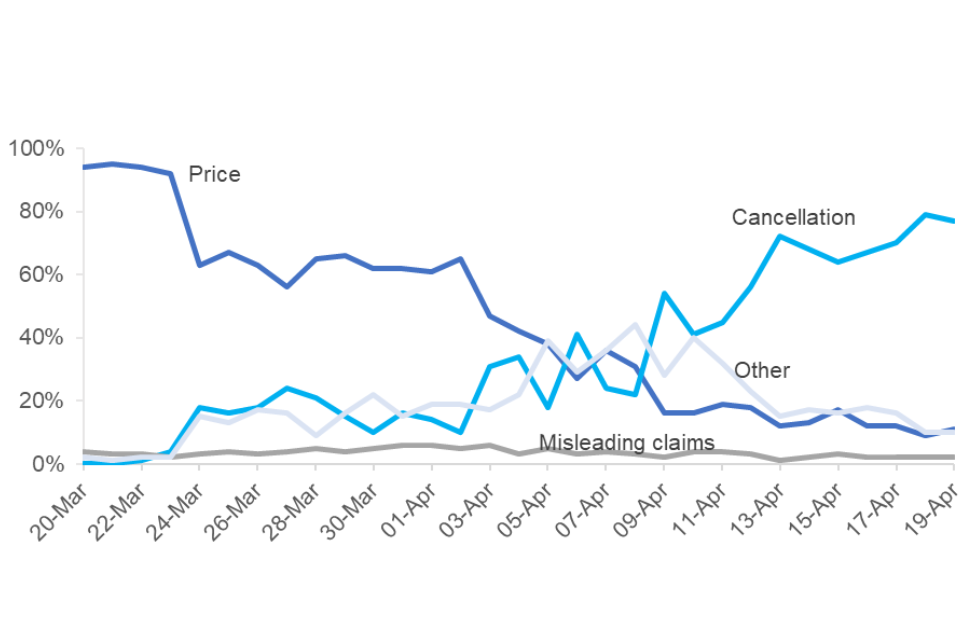Complaint Under Section 156 3

There is an implied power in the magistrate under section 156 3 cr p c.
Complaint under section 156 3. As per section 2 c of the cr p c a cognizable offence means an offence for which and cognizable case means a case in which a police officer may in accordance with the first schedule or under any other law for the time being in force arrest without warrant i. Filing a petition under section 156 3 cr p c. Against the accused persons and the contents of the accompanying complaint may be read as part and person of this application and the same are not being repeated here for the sake of brevity.
To order registration of a criminal offence and or to direct the officer in charge of the concerned police station to hold a proper investigation and take all such necessary steps that may be necessary for ensuring a proper investigation including monitoring the same or not. Application under section 156 3 cr p c. Most respectfully showeth.
The power under section 156 3 of the criminal procedure code 1973 cr p c can be exercised by the magistrate to direct the police to conduct investigation only in respect of a cognizable offence. The basic object of section 156 3 is to provide relief to a victim who has made an attempt to register an offence happened against him by using his right under section 154 of crpc but however the law enforcement agency has declined the said complaint under any influence or pressure from the accused side. File the complaint before court under section 156 3 crpc.
The petition under section 156 3 cr p c. The complete procedure for filing a complaint under section 156 3 crpc is mentioned herewith.

















